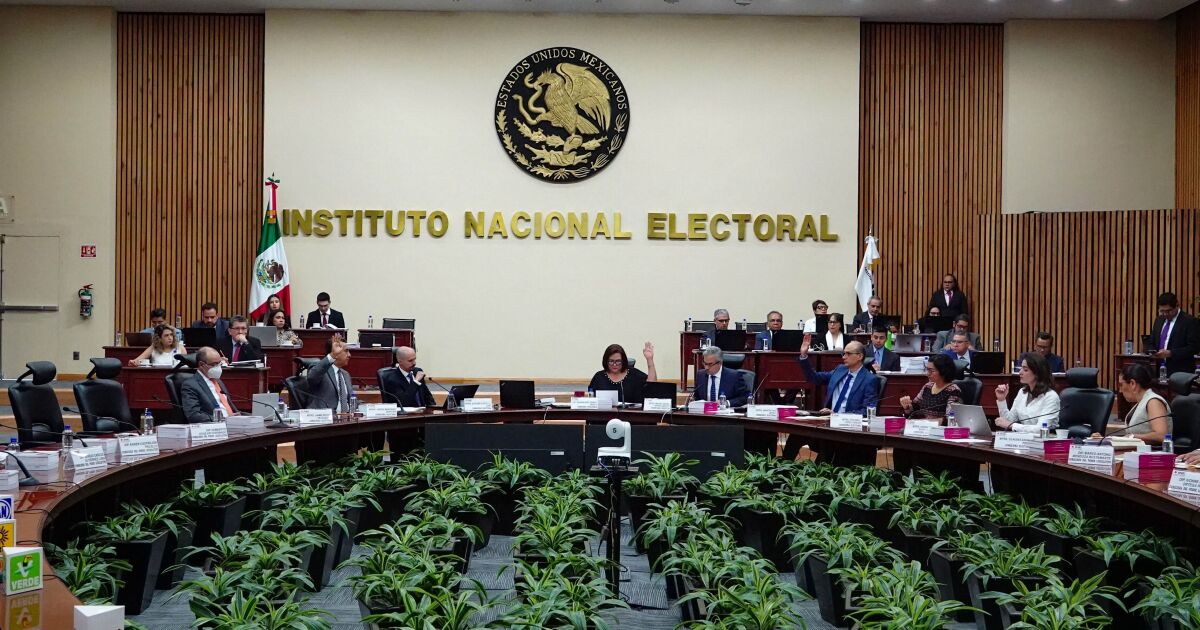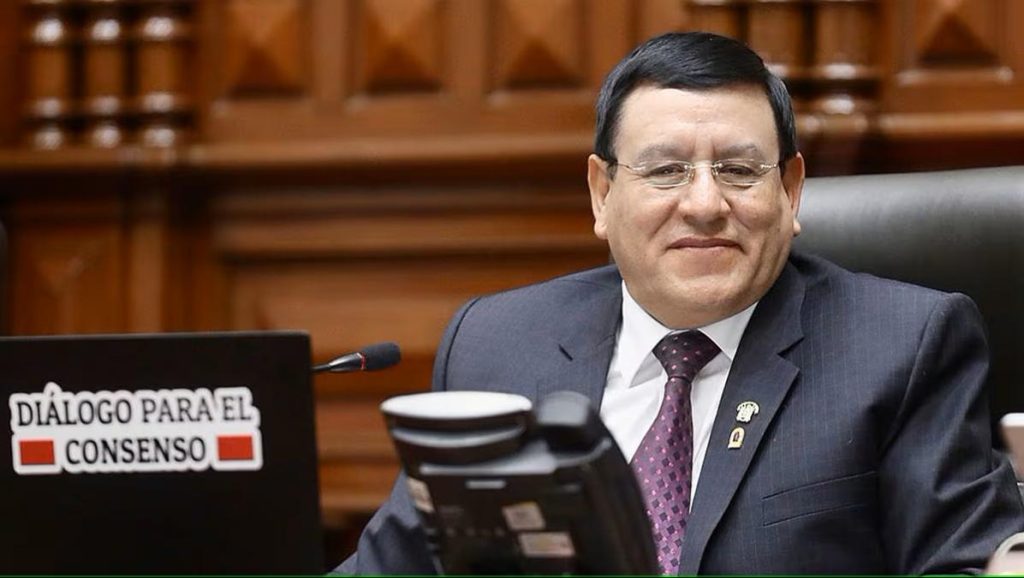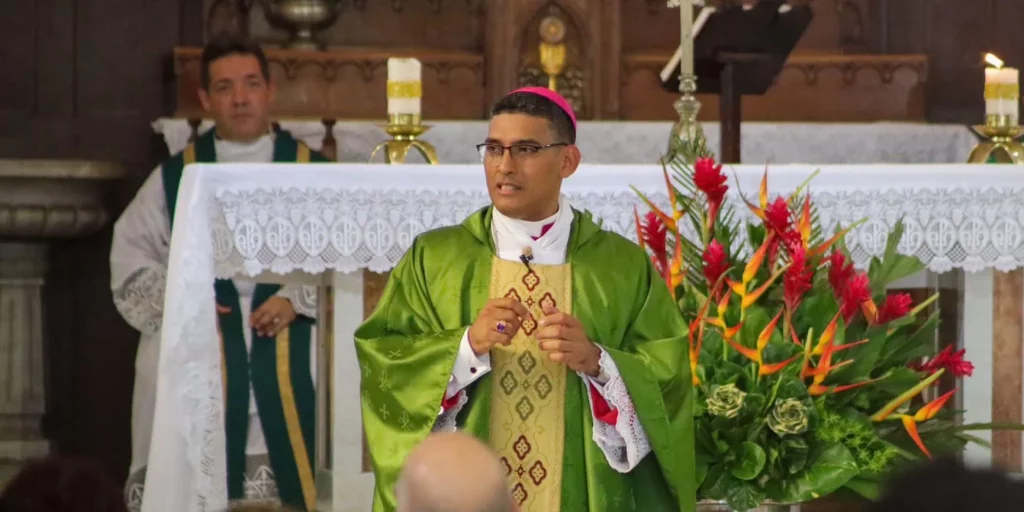More than five and a half months after the judicial electoral process began, the General Council of the INE approved tonight the Guidelines that will govern the Extraordinary Electoral Process of the Judicial Branch. They establish the behaviors that will be considered violations of electoral regulations and, therefore, subject to sanctions.
At the last minute, the president’s advisor, Guadalupe Taddei, proposed removing the prohibition on public servants to carry out promotional acts or publicly position themselves for or against any candidacy, and eliminate as an infraction likely to be committed by parties, carrying out acts to promote judicial elections.
If his proposal were successful, although both prohibitions are in law, both parties and officials could have been free to proselytize in the election.
Counselor Norma de la Cruz also proposed that citizens be eliminated as a possible subject responsible for irregular conduct, unless it is directly linked to a candidacy, which was rejected, since citizens also have prohibitions, one of which is hiring. radio and television times in favor of judicial candidates.
The document was generally approved unanimously and, at the proposal of counselor Carla Humphrey, it was established that – as occurs in ordinary elections – not only is the contracting of radio and television time in favor of applicants and candidates irregular, but also its acquisition.
“Obviously the obligated subjects are not going to show us a contract in which they show the irregularity they are incurring by contracting spaces on radio and television, obviously they would seek to acquire them in another way and be able to count on this promotion of which we would have little evidence. , so there is not always a document that proves the hiring,” he explained.
The most polarized vote, however, was the proposal of counselor Martín Faz, who proposed limiting the nation’s servants, which was voted against by four counselors, including Taddei, who thus sought to leave them out of the regulation.
The wording of the document was as follows: “the organization of forums by agencies or entities responsible for the execution of programs that involve the delivery of a direct social benefit to the population will be prohibited,” it indicates.
“Nor will public servants, operators of social programs and institutional activities assigned to these institutions, or national servants be able to participate as moderators,” the document adds.
The proposal was endorsed by seven councilors: Martin Faz, Dania Ravel, Claudia Zavala, Jaime Rivera, Arturo Castillo, Ucc Kib Espadas and Rita Bell.
The Guidelines establish that not only candidates for judicial positions, but also applicants for a nomination, will be prohibited from carrying out early campaign and pre-campaign events.
That is to say, although the campaigns officially begin on March 30, proselytizing cannot be carried out from now on, when there are no candidates, only applicants.
The figure of applicants was defined “as those who registered to participate in the selection process before any of the three Powers of the Union.”
In addition, “candidates for judges” were included in the list of possible offenders in the case of campaign events before the period established by law.
If the candidates had not been included in the regulation, advance proselytism (pre-campaigns or early campaign events) would not have been prohibited and the restrictions would only apply until there are officially candidates, that is, only in the period between February 12 , in which the Senate must send the lists of candidates to the INE, and on March 30, the day that campaigns officially start.
It was also agreed to expressly establish “the prohibition of using public resources for promotion and propaganda purposes related to the election processes of members of the Judiciary in violation of the provisions of Article 134 of the Constitution.”















